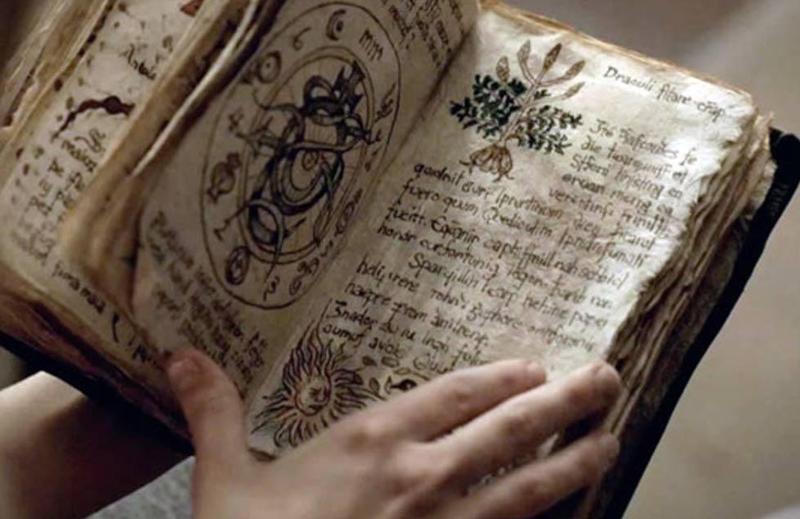The Ars Notoria - An Ancient Magical Book to Perfect Memory and Master Academia
The Ars Notoria - An Ancient Magical Book to Perfect Memory and Master Academia
Over the centuries many books have been written claiming that loyal readers and followers of the text will be bestowed with magical powers. In some cases these books are intended to invoke demons or angels. In other cases they promise to allow the reader enhanced skills or good luck.
While the concepts of magic and demonology remained controversial through history, many such books were translated and compiled over time, extending their reach throughout several centuries. One of these books is the Ars Notoria .
As part of a larger collection known as the Lesser Keys of Solomon , the Ars Notoria is a book that is said to allow followers a mastery of academia, giving them greater eloquence, a “perfect memory,” and wisdom. With such a book continuing in existence for several centuries, one must wonder whether its claims have some merit. Were the people of the past able to enhance their academic skills and memory by following the prayers and practices of the Ars Notoria ?
The Ars Notoria is one of five books within a grimoire called the Lesser Keys of Solomon , or Clavicula Salomonis Regis . A grimoire is a textbook of occult knowledge which is meant to grant the reader the ability to cast spells, create talismans, invoke spirits, invoke demons, and perform divination. The Lesser Keys of Solomon is an anonymous grimoire that was compiled from other works in the 17th century, and focuses on demonology. The five books contained within the Lesser Keys of Solomon are the Ars Goetia , the Ars Theurgia-Goetia , the Ars Paulina , the Ars Almadel , and the Ars Notoria .
The Ars Notoria is the oldest portion of the Lesser of the Keys grimoire. It, in particular, was not a book of spells or potions, but a book of prayers and orations that are said to strengthen and focus one’s mental powers, by beseeching god for intellectual gifts. Among these intellectual gifts is the concept of a “perfect memory.”
The oldest manuscripts of the Ars Notoria are dated to the 13th century. However, the texts contained within are a collection of orations, prayers, and magical words which date back to well before the 1200s. The prayers are in several languages, including Hebrew, Greek, and Latin.
Those who practice liberal arts, such as arithmetic, geometry, and philosophy, are promised a mastery of their subject if they devote themselves to the Ars Notoria . Within, it describes a daily process of visualization, contemplation, and orations, which are intended to enhance the practitioner’s focus and memory.
It has been claimed that Solomon gained his wisdom and academic powers by following the text of the Ars Notoria . To those who wished to master an academic field, this can sound like a very tempting promise. Many who wished to have a better memory, greater eloquence, wisdom, or heightened senses may have followed the Ars Notoria in hopes of improving their life and gaining power by achieving a command of academics. However, there have been instances of individuals following the instruction of the Ars Notoria and having undesirable results.
John of Morigny, a 14th century monk, devoutly followed the teachings and instruction of the Ars Notoria . Rather than achieving academic mastery, Morigny is said to have experienced haunting, demonic visions. He went on to create his own manuscript, Libor Visonum , in which he warned people away from Ars Notoria .
One interesting aspect of the Ars Notoria that has drawn much attention is an illustration of a “megnetick experiment.” It shows the reader a method in which to communicate across long distances using a lodestone and two compass needles. If the two compass needles were rubbed against the same lodestone, the needles would become “entangled” and however one was moved, the other would move as well. By placing the two entangled needles in the center of a circle of letters, two individuals could communicate across great distances by manipulating their needle to spell words by pointing to letters in the circle.
by Ancient Origins
Be the first to post a message!
